
7 minute read
A Parents' Guide
By Erica Crews
How to Support Healthy Social Media Habits in Children:
each Out Centre for Kids (ROCK) is the largest accredited mental health agency in Halton, providing mental health services for children and youth from birth to 17 years of age and their families. Amidst the COVID-19 pandemic, ROCK shifted its service delivery from in-person to virtual in order to continue offering necessary mental health services for children, youth and their families.
ROCK understands that now more than ever our young people are being inundated with information right at their fingertips. This quick access to information can greatly impact the way our young people see themselves potentially resulting in low self-esteem, anxiety or depression, and can negatively affect the overall well-being of our youth.
One of the biggest concerns that comes from communicating over social media, texting, etc., is that messages, comments and sharing between youth can be quite severe. The cell phone for many youth seems to act as a shield in which cruel comments and posts about peers, acquaintances or even celebrities are shared without a second thought – comments which would likely never be said by these same young people in a face-to-face interaction. In this way, it becomes a vicious cycle. Young people are bombarded with “photo-shopped” images displaying unrealistic appearance ideals as well as glamorous lifestyles that seem unattainable, as well as dangerous, harmful or problematic actions. This can create immense insecurity and low self-esteem in our most vulnerable youth. This insecurity can
often show up as cyber bullying or “trolling” which can involve leaving harsh or rude comments or even creating posts aimed at peers or acquaintances in order to feel a sense of acceptance and superiority.
For others, this insecurity may show up behind the scenes, with feelings of anxiety. Youth may feel that they are not able to live up to the highlight reels shown on social media. They may feel like a failure for not having a certain lifestyle, or for not receiving enough “likes” or “engagement” on a post. For our young people these “likes” act as an online popularity contest. They are constantly being judged by peers, which is enough to make even the most confident person feel insecure.
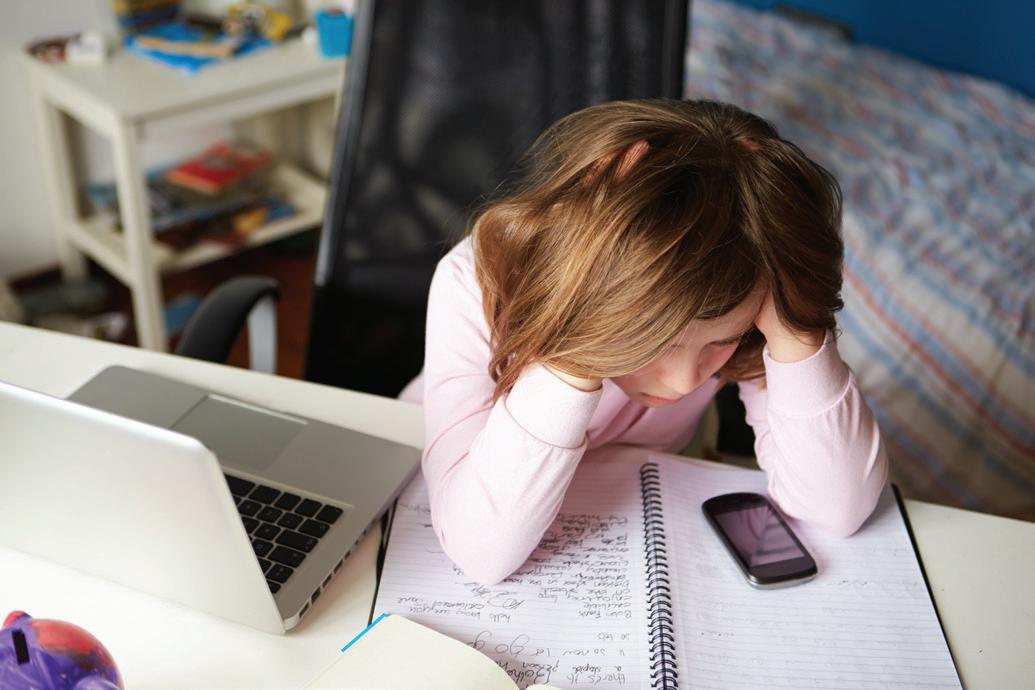
So, what can we do? It may feel like the easiest thing to do is take away the phone or computer or iPad, but it’s unlikely this will deter youth from accessing their social media platforms in other ways. It may also fracture the lines of communication between you and your young person and they may feel like they can’t come to you when something is really wrong.
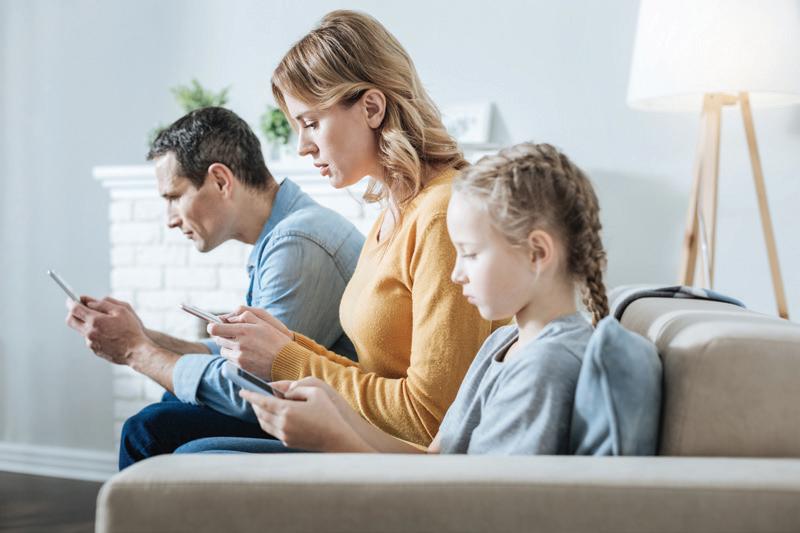
Role-Modelling: Children and youth are sponges absorbing and mirroring what they see. If they see the adults in their life constantly consumed with their phones, emails, texting etc., they will likely pick up on this behaviour as “normal.”

Media Free Zones: Having media free zones in the home can include an agreement that when you’re sharing a meal together or watching a family movie, everyone in the home is disconnected. This leaves space for meaningful conversations and connection.
Media Free Time: You may also want to set aside one day a week where everyone in the home does something active together without technology. This could include things like going for a hike, biking, crafting/creating, etc. Once you are able to build this into your routine it becomes easier and may even be something to look forward to each week.
Media Literacy: One of the most important ways to ensure our youth are educated around the impact of social media is to introduce media literacy. This means education around the images they see and the unrealistic nature of them, as well as underlining the consequences that come from sharing some posts online. This also means having meaningful conversations and engaging with your youth about what they are looking at. Showing interest without anger or judgment will promote trust and open the lines of communication.
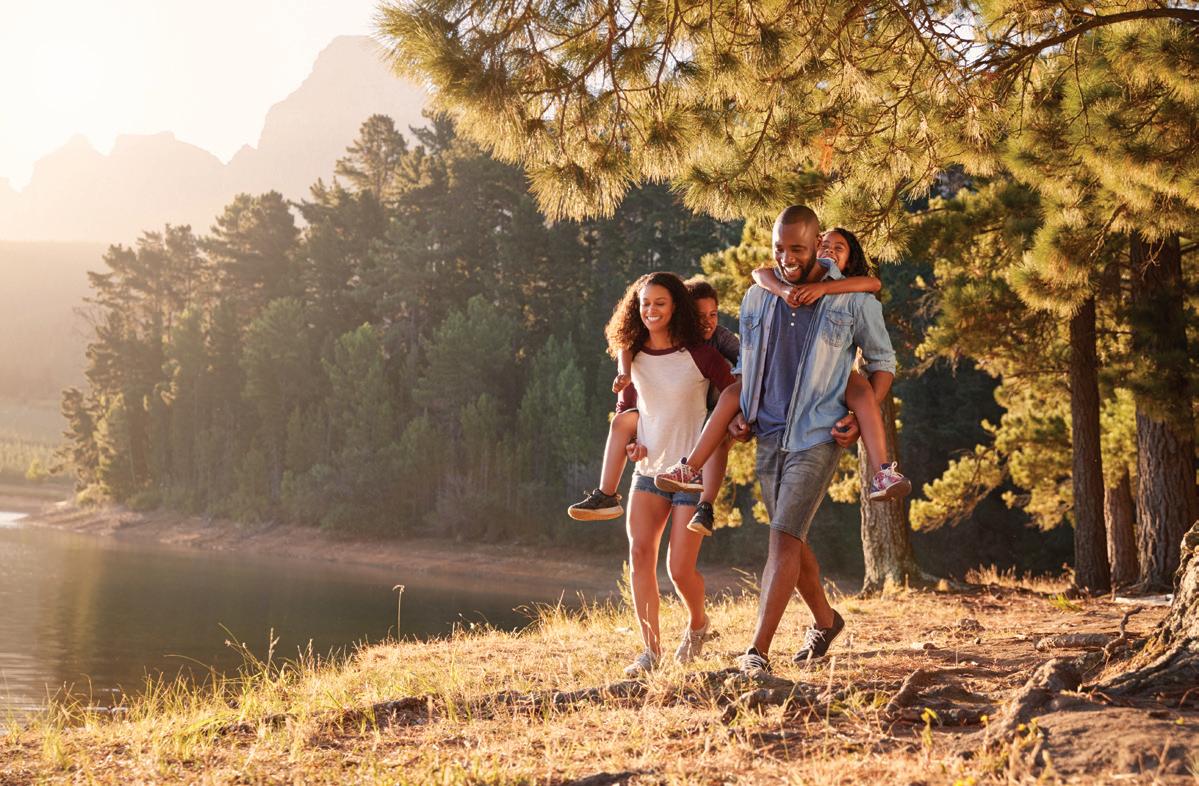
ROCK offers a few really excellent media literacy, self-esteem and body image programs through a service called Danielle’s Place. This program offers a range of groups for children as young as 8 years old all the way up to 17 years. These programs are a great way for young people to learn more about the information they are consuming and the affect it can have on their view of themselves. If you are interested in learning more about Danielle’s Place offerings, you can check out their website at daniellesplace.org.
ROCK also understands that mental health doesn’t take a day off and sometimes our young people need to connect with someone immediately. ROCK’s crisis line is available 24/7. The crisis line offers a safe space for youth to connect and receive immediate mental health support. The number for that line is 905-878-9785.
MAKING GOOD PEOPLE
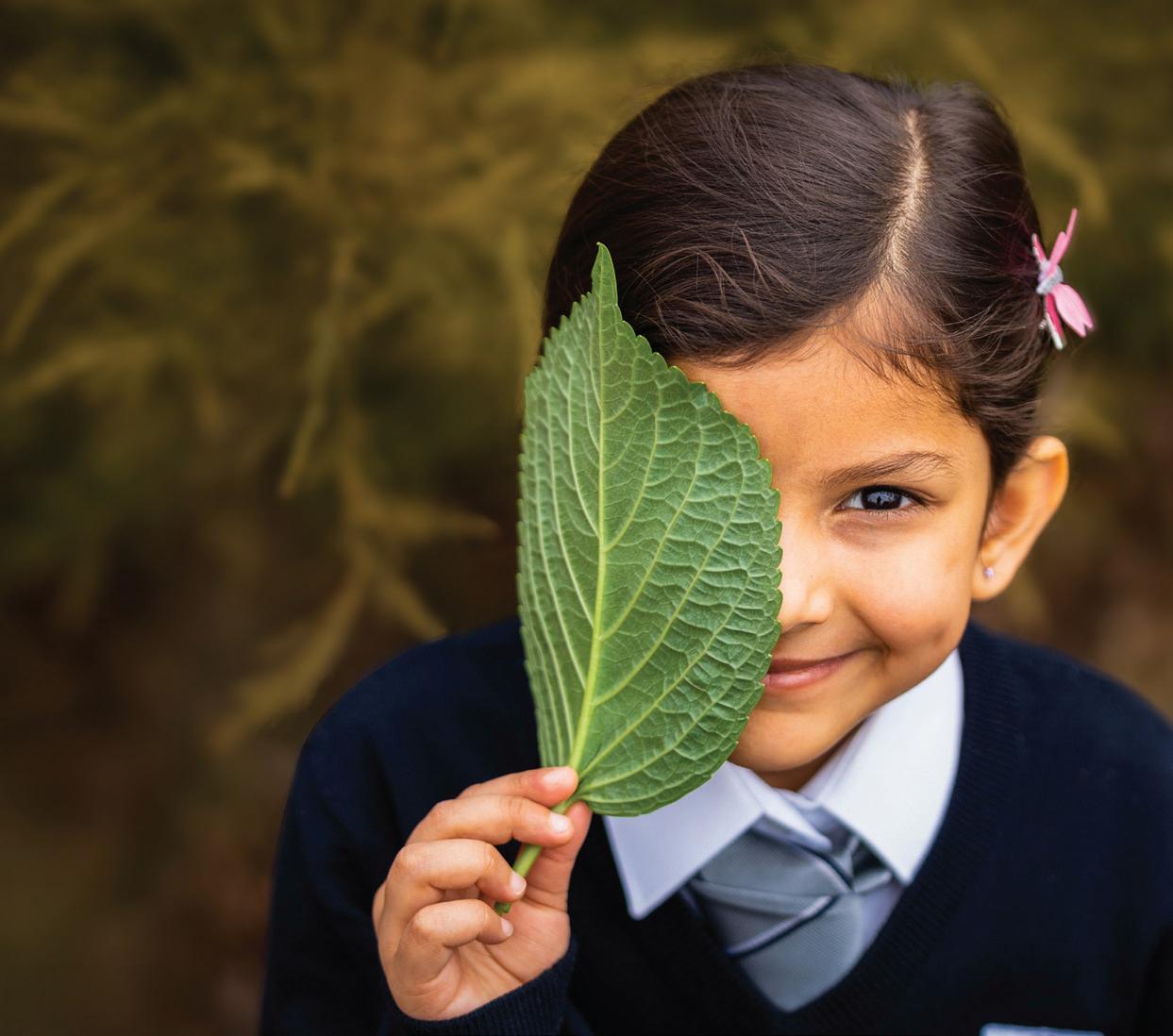
At Walden International School, we make good people in the knowledge that from goodness arises greatness. We are dedicated to cultivating and preparing principled, compassionate and confident young people from PK to Grade 8 who will become globally responsible citizens.
Walden International School is an authorized International Baccalaureate (IB) World School offering the Primary Years Programme and is a candidate school for the Middle Years Programme. Our balanced world-class education, with a unique focus on wellness, fosters respect and harmony for self and others while empowering students to imagine, explore and achieve a peaceful and sustainable future.
To learn more we invite you to call 905-338-6236 or email oakvilleinfo@waldenschools.com.
What is goodness?
Two years ago, when we purchased the former Glenburnie School, we knew that we were acquiring a school with a good reputation. At the same time we recognized that change can be uncomfortable. In particular, we knew that our parent community would expect reassurance that their children would be accorded the same level of care to which they had been accustomed.
We were determined to bring to bear our unique and established approach to educating young people. This required much careful thought as we sought to introduce new thinking within an established environment.
Our work took on many facets and one of those was determining what was genuinely different about Walden International School.
We were fortunate to inherit faculty and staff who were committed to many of the same values we possess. This allowed us to approach change in a spirit of collaboration and community. As we worked through defining our path we learned that central to our core purpose was our commitment to making good people.
Making Good People emerged as the school’s reason for being and it raised some discussion about what defines goodness. Since the time of Plato this subject has engaged people in deeply philosophical musings and while the Greeks took slightly different approaches to the definition it is generally agreed that a good person has these characteristics:
Virtue: they must be morally virtuous. Health: they should enjoy good health. Prosperity: they should be comfortable. Friendship: they must have good friends. Respect: they should enjoy the respect of others - a person’s qualities and achievements will be recognized by others. Engagement: they must exercise their uniquely human abilities and capacities.
Not coincidentally, these characteristics align with the International Baccalaureate (IB) Learner Profile. Within the IB programme we create an environment and lead students to be, among other things, inquirers, thinkers, communicators, principled and open-minded people who are caring, reflective and balanced.
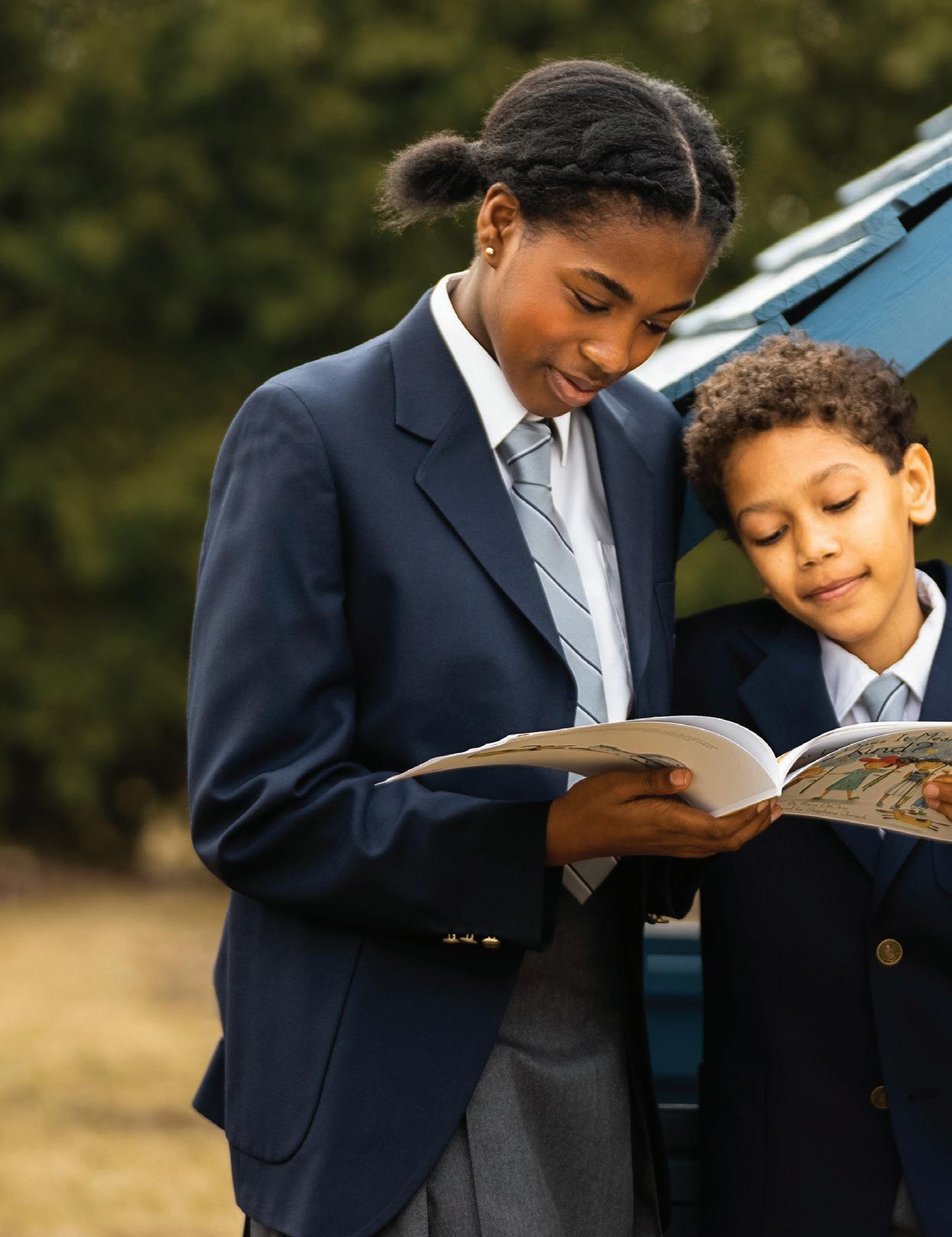
All of this is wrapped up in our devotion to the well-being of our students by providing the opportunity to actively participate in a thriving culture, community and environment. Much of our time at the school is spent helping students learn how to help each other. Students are encouraged to think independently and critically, try different approaches to learning and take responsibility for their own educational progress.
As we’ve learned during the past several months during which the world was turned on its head, goodness prevails and our families have displayed the benefits of a commitment to being well and good. We are so grateful that the journey we started here two years ago is proving to be advantageous to the Walden community.
Making clear and direct links between being well and doing well are just part of how we approach our mission to make good people.
If you’d like to explore our commitment to goodness we’d love to learn your stories and share some of ours. Be well!









